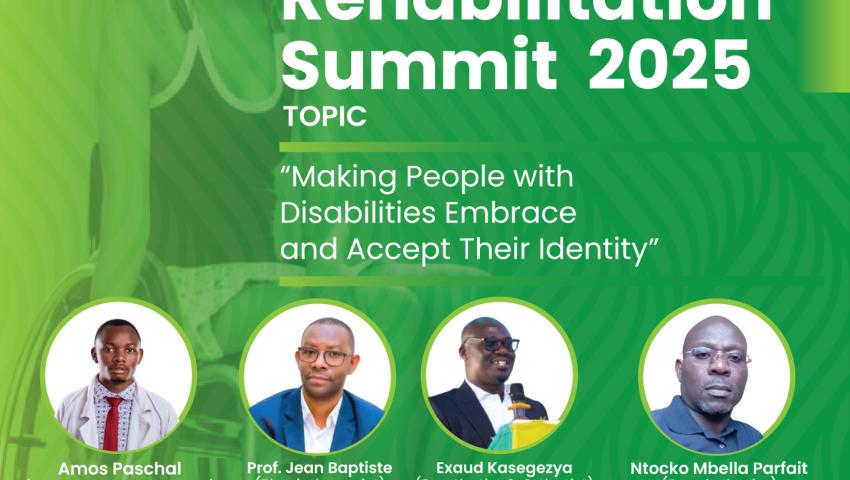
Challenges Faced by People with Disabilities and Solutions
explores the major challenges faced by people with disabilities, including lack of skilled special needs teachers, poor infrastructure, limited access to learning equipment, and social stigma. It also highlights practical solutions such as inclusive education policies, accessible infrastructure, and awareness campaigns to promote equal opportunities and improve the quality of life for individuals
In our society, people with disabilities face numerous challenges that affect their daily lives. These challenges can be educational, economic, social, or even health-related. To ensure equal opportunities for everyone, it is essential to understand these difficulties and find effective solutions.
1. Challenges in Education 📚🏫
i) Lack of Special Needs Teachers 👩🏫👨🏫
Education is the foundation of personal growth, but unfortunately, many children with disabilities do not have equal learning opportunities. One of the biggest issues is the lack of teachers trained to educate students with special needs. Without skilled teachers, students with disabilities struggle to receive the support they need to excel academically.
ii) Inaccessible School Infrastructure 🚧🏢
Many schools are not designed to accommodate students with disabilities. Issues such as a lack of ramps for wheelchairs, absence of sign language interpreters, and inadequate assistive learning tools make it difficult for students with disabilities to navigate school life comfortably.
iii) Lack of Assistive Learning Materials 📖🔍
Students with disabilities often require special learning materials, such as Braille textbooks for the visually impaired and hearing aids for the deaf. However, these resources are either unavailable or too expensive, making it difficult for students to receive quality education.
2. Employment and Economic Challenges 💼💰
i) Workplace Discrimination 🚫👩💻
Many employers hesitate to hire people with disabilities due to misconceptions about their abilities. As a result, individuals with disabilities struggle to find jobs that match their skills and expertise.
ii) Limited Access to Financial Support 🏦📉
Starting a business or pursuing further education often requires financial support. However, many banks and financial institutions do not offer loans or grants tailored to people with disabilities, limiting their economic independence.
3. Social and Psychological Challenges 🤝🧠
i) Stigma and Discrimination 🚷😔
People with disabilities often face stigma and negative stereotypes. Some societies perceive them as dependent or incapable, which lowers their self-esteem and confidence.
ii) Limited Participation in Social Activities 🎭🏀
Due to lack of accessibility in public places, people with disabilities are often excluded from social and recreational activities. This isolation can lead to loneliness and depression.
4. Health and Medical Challenges 🏥💊
i) High Cost of Medical Care 💰⚕️
Many people with disabilities require regular medical checkups, assistive devices like wheelchairs, and therapy sessions. However, these services are often expensive and inaccessible for many families.
ii) Limited Access to Healthcare Facilities 🚑🏨
Many healthcare centers are not equipped to handle patients with disabilities. A lack of sign language interpreters in hospitals, inaccessible medical buildings, and uninformed healthcare providers make it difficult for people with disabilities to receive proper medical care.
Solutions to These Challenges 🌟✅
1. Improving Education for People with Disabilities 📖📚
- Governments should invest in training special needs teachers to provide quality education.
- Schools should be built with inclusive infrastructure, such as ramps, elevators, and accessible restrooms.
- Free or affordable assistive learning tools should be provided to students who need them.
2. Enhancing Employment and Economic Opportunities 💼📈
- Employers should be encouraged to hire individuals with disabilities and offer inclusive work environments.
- Governments and NGOs should provide business grants and financial assistance to disabled entrepreneurs.
3. Promoting Social Inclusion and Awareness 🏅🤝
- Public awareness campaigns should be launched to eliminate stigma and encourage acceptance.
- More recreational centers should be designed to accommodate people with disabilities.
4. Strengthening Healthcare Support 🏥⚕️
- Governments should provide subsidized healthcare and assistive devices for people with disabilities.
- Hospitals should train their staff to cater to the specific needs of disabled patients.
Air Ezra
Leave a comment
Your email address will not be published. Required fields are marked *


